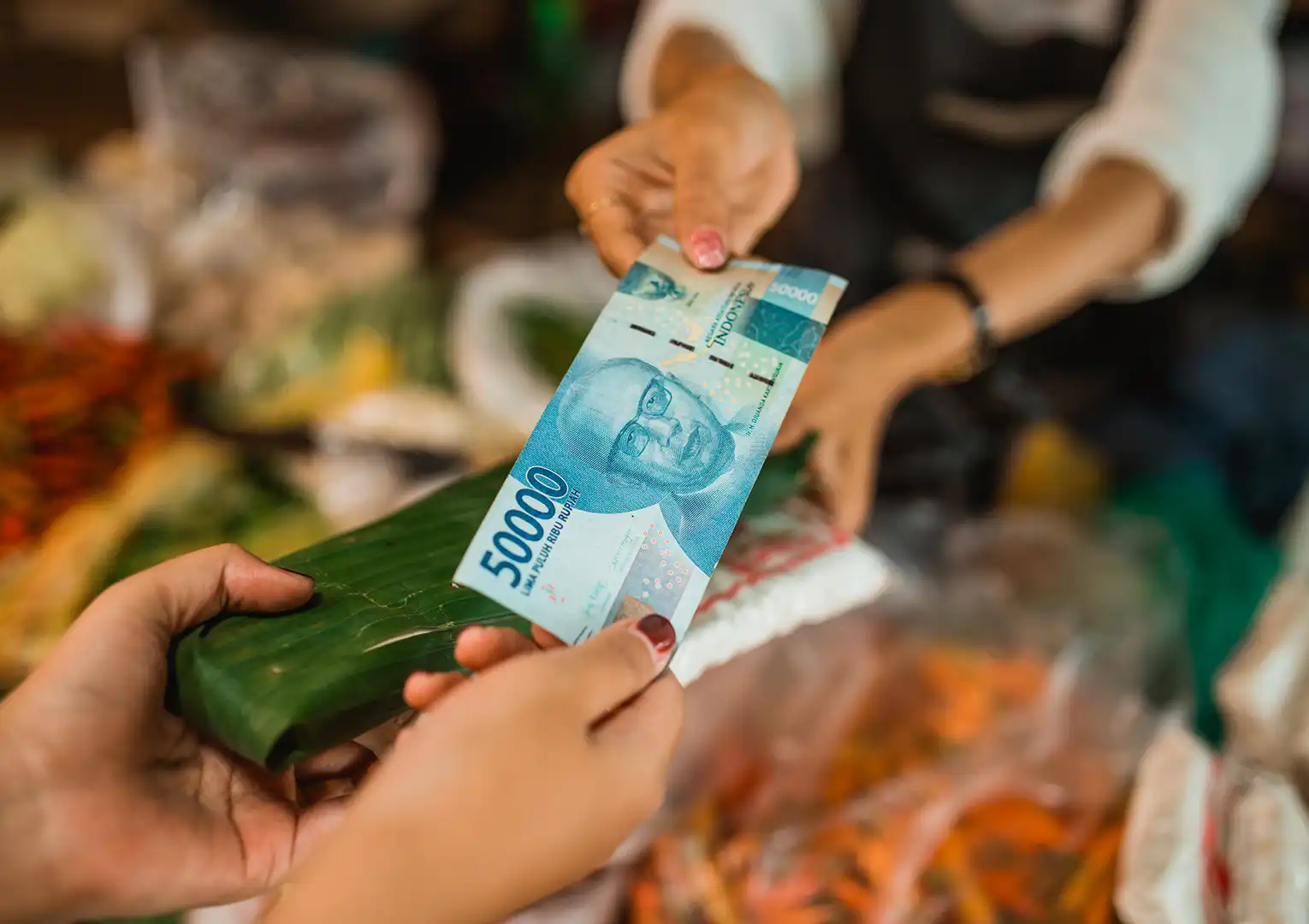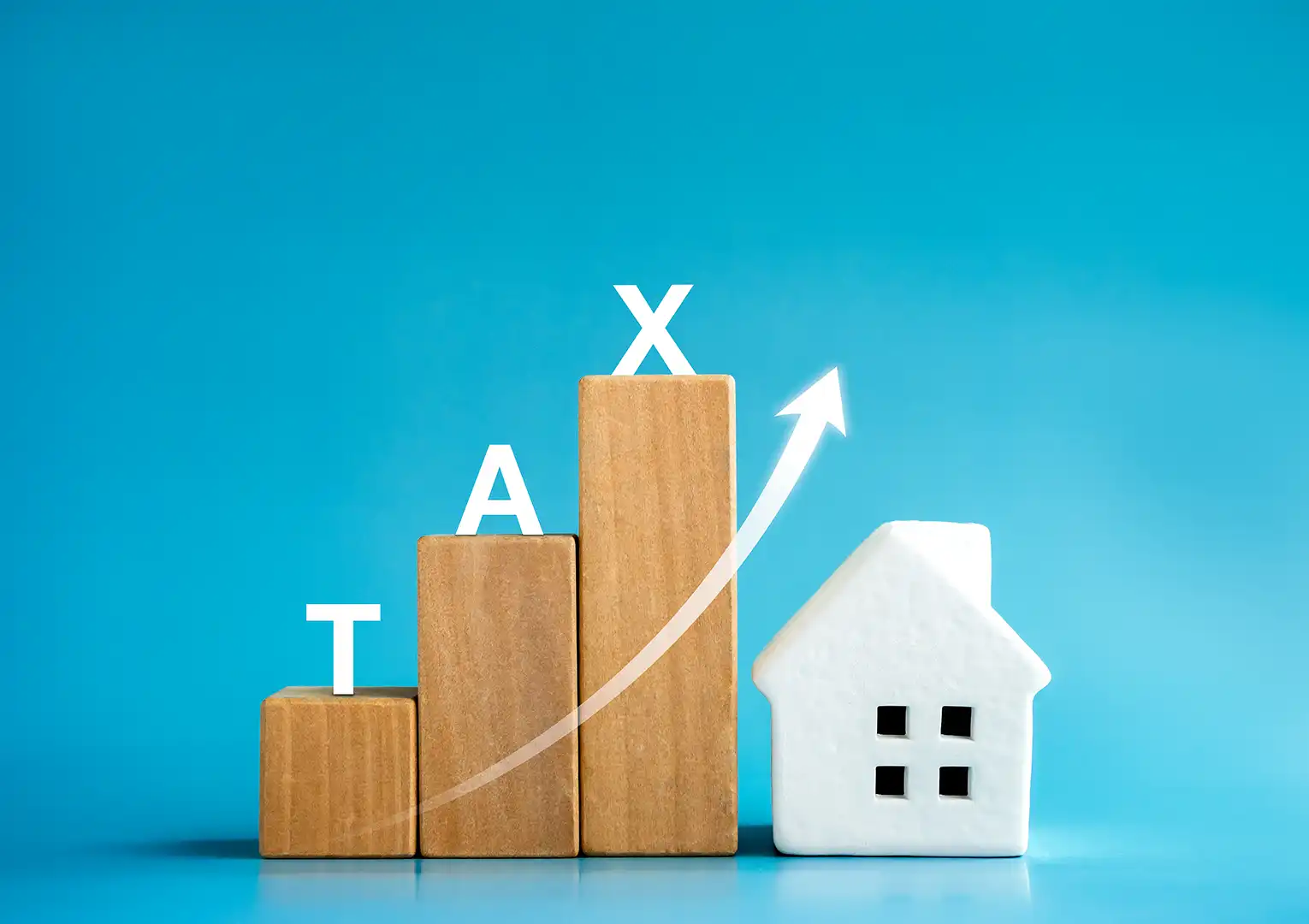The Long-Term Impact of 12% VAT: Will It Burden MSMEs?
February 18, 2025
Share This Article

The news of the Value Added Tax (VAT) increase from 11% to 12% has sparked widespread discussion. It’s not only a hot topic among the general public but also raises concerns about its long-term impact on businesses and MSMEs. So, what exactly is VAT, and what are the consequences of its increase? Find out more here!
A Brief Overview of Value Added Tax (VAT)
According to the Directorate General of Taxes, Value Added Tax (VAT) is a levy imposed on individuals, businesses, and government entities registered as Taxable Entrepreneurs (PKP) for the sale and purchase of Taxable Goods (BKP) and/or Taxable Services (JKP).
In English, PPN is commonly referred to as Value Added Tax (VAT) or Goods and Services Tax (GST).
The value added to BKP or JKP is determined by the accumulation of costs and profits throughout the production and distribution process.
Although the taxpayers subject to VAT are PKP or non-PKP entities, the tax burden ultimately falls on the end consumers who purchase BKP and/or JKP. This is why VAT is often classified as an indirect tax.
This is because, as taxpayers, consumers do not directly remit the tax to the government; instead, it is collected and reported by merchants or business owners.
Like other taxes, VAT aims to increase state revenue and fund government programs such as infrastructure development, education, healthcare, and more.
Plan for the 12% VAT Increase
The legal foundation for Value Added Tax (VAT) in Indonesia is Law No. 8 of 1983 on Value Added Tax on Goods and Services and Sales Tax on Luxury Goods.
Since its enactment, this law has undergone two amendments. Initially, the VAT rate was set at 10%.
However, after the issuance of Law No. 7 of 2021 on the Harmonization of Tax Regulations, the VAT rate increased to 11% as of April 1, 2022. It then rose further to 12% on January 1, 2025.
Importantly, this VAT increase only applies to luxury goods and services that are already subject to the Luxury Goods Sales Tax (PPnBM). Essential goods and services that are part of the public's basic needs remain exempt from the hike.
Goods and Services Subject to 12% VAT
The Ministry of Finance stated that this VAT increase aims to boost contributions from the upper economic class without burdening the general public. Therefore, the 12% VAT is only applied to luxury goods and services.
Luxury goods and/or services are defined as those that do not fall under basic necessities, are exclusively owned by the upper-income segment, and have a significantly higher selling price compared to similar items with standard specifications.
For better clarity, here is a list of Taxable Goods (BKP) and Taxable Services (JKP) subject to the 12% VAT:
1. High-End Electronics
Premium TVs over 75 inches or with advanced technology like OLED (Organic Light Emitting Diode).
Large-capacity multi-door refrigerators with smart features.
Smart home appliances, such as robotic vacuum cleaners.
2. Luxury Vehicles
Cars priced over IDR 2 billion, including sports cars, supercars, and high-spec electric vehicles.
Large motorcycles with engines exceeding 500cc.
3. Luxury Real Estate
High-end properties, including houses, apartments, villas, and townhouses valued at a minimum of IDR 30 billion.
4. Luxury Jewelry
Gold, diamonds, and other precious stones designed exclusively for high-end consumers.
5. Premium Imported Goods
Internationally branded luxury items, such as designer handbags and other high-end fashion products.
6.Exclusive Services
Elite education, such as international schools.
High-end leisure facilities, including golf club memberships, yacht clubs, private jets, and luxury cruises
Impact of the 12% VAT Increase on MSMEs
The VAT increase does not only affect consumers but also businesses—particularly Micro, Small, and Medium Enterprises (MSMEs). Here are some potential impacts that could influence MSME performance:
1. Increase in Selling Prices
The VAT increase can drive up the prices of various essential goods, significantly impacting MSMEs as the cost of raw materials may surge.
To compensate, MSMEs might be forced to raise their product or service prices—potentially reducing consumer purchasing power, especially for price-sensitive products or services.
2. Decline in Demand
When the cost of essential goods rises, the prices of various other products may also increase. This makes consumers more selective in their purchases.
As a result, demand could decrease, and customers might shift to more affordable alternatives.
3. Reduced Profit Margins
The surge in raw material costs due to the VAT increase can impact pricing strategies. UMKM business owners may hesitate to raise prices, even as production costs continue to climb.
The dilemma is clear—raising prices could drive away customers, while keeping prices stable may lead to shrinking profit margins.
4. Additional Administrative Burden
With the VAT increase, UMKM must be more meticulous in recording transactions and regularly reporting taxes. This adds an extra burden, especially for small businesses that lack a proper bookkeeping system. Any errors or late submissions could result in penalties.
To ease this challenge, UMKM can leverage user-friendly tax or accounting applications like Labamu. Additionally, they should take advantage of government-provided tax training and the 1% final VAT incentive to remain compliant without putting excessive strain on operations.
5. Competition with Large Enterprises
The VAT increase affects both UMKM and large businesses. However, the impact on UMKM is often more severe.
Larger companies typically have more efficient operations, making it easier for them to absorb price increases. In contrast, UMKM are more vulnerable—any rise in raw material costs can significantly affect their overall business operations. This puts them at a competitive disadvantage against bigger, more established businesses.
6. Slowing Down or Halting Business Expansion
The rise in production costs due to the VAT increase may force UMKM to slow down or even halt their business expansion.
If this happens on a large scale, it could have a significant impact on the national economy, potentially stalling growth and reducing job opportunities.
7. Risk of Business Closure
A continuous decline in consumer purchasing power can impact the stability and profitability of UMKM.
Some economic experts have even warned that the VAT increase could have long-term effects on small businesses, making it difficult for them to survive and potentially leading to bankruptcy.
Mitigation Measures to Address the VAT Increase
Mitigation Measures to Reduce the Negative Impact of the VAT Increase on UMKM To help UMKM navigate the challenges posed by the VAT hike, the following strategies can be considered:
Operational Efficiency: Reduce production costs to maintain profit margins despite rising prices.
Careful Pricing Strategy: Adjust pricing to balance consumer purchasing power while accommodating the VAT increase.
Enhancing Product Value: Improve product offerings to ensure customers remain willing to pay even with higher prices.
Leveraging Digital Technology: Utilize digital platforms to cut marketing costs and reach a broader audience.
Utilizing Government Incentives and Support: Take advantage of tax incentives and government programs to ease financial burdens and sustain business growth.
for MSME players. To anticipate the impacts mentioned above, make sure you use Labamu to document all your business transaction records and administration. Simply download the app via Google Play or the App Store and enjoy its convenience.







